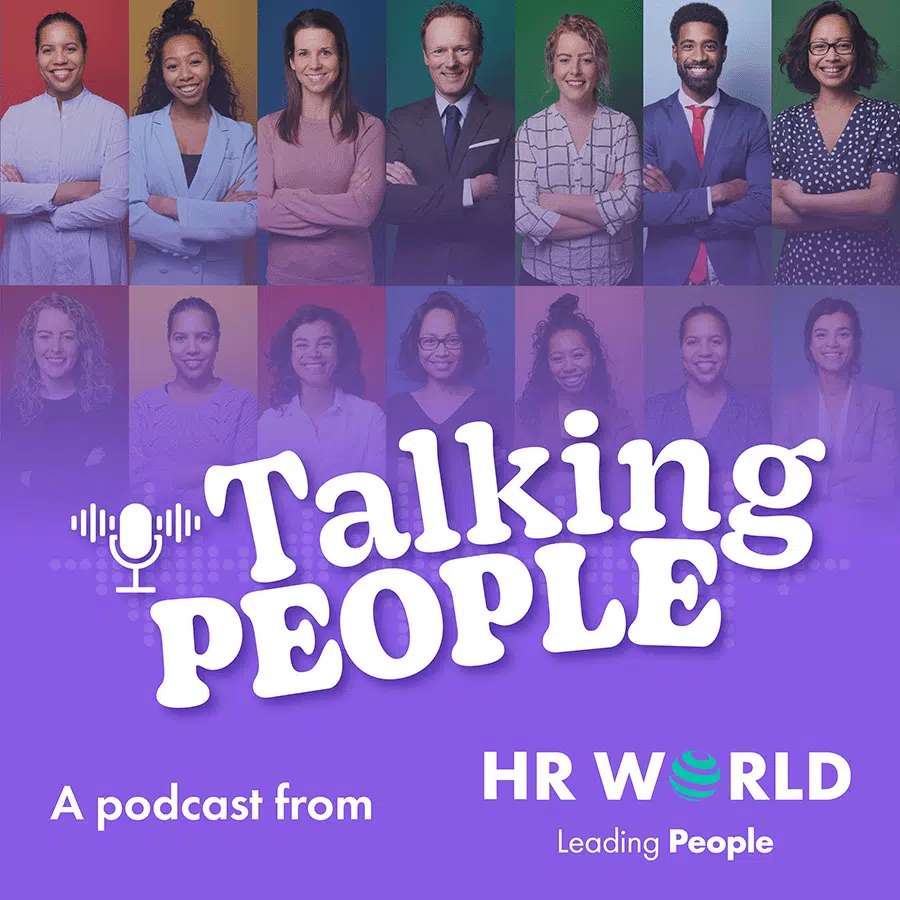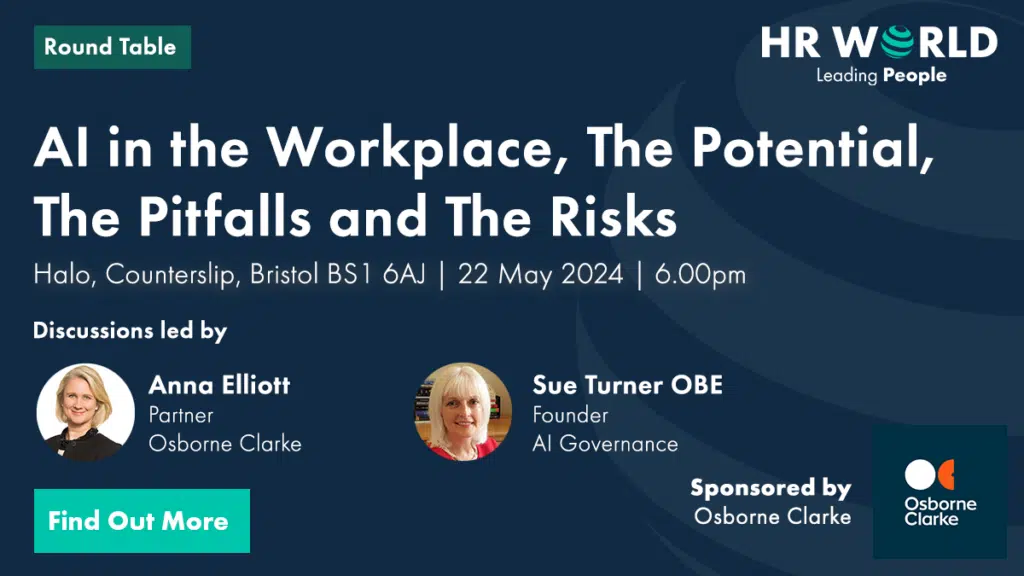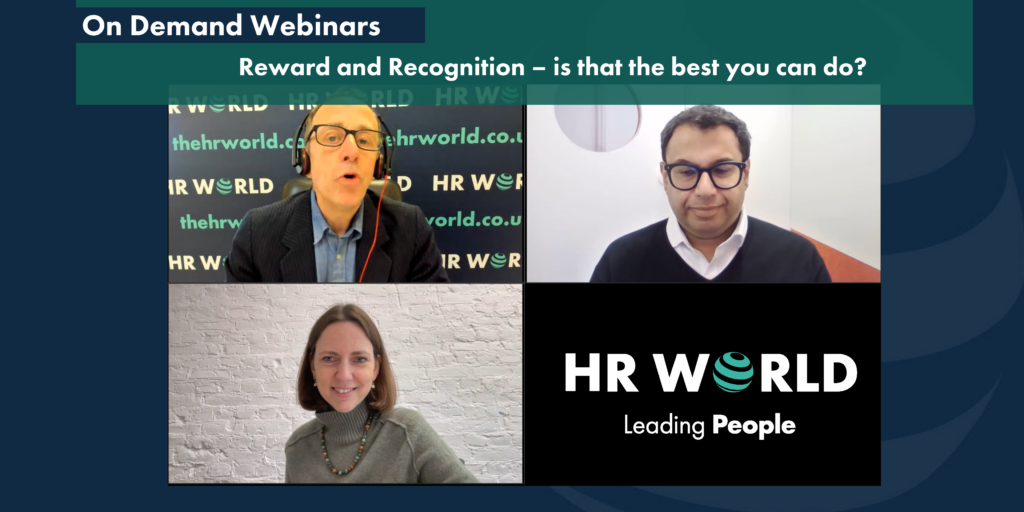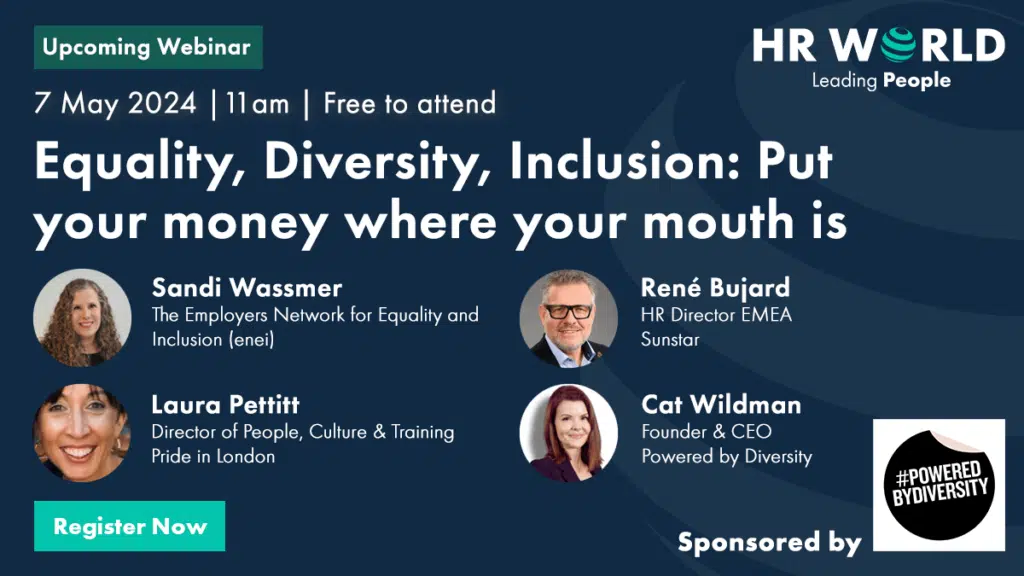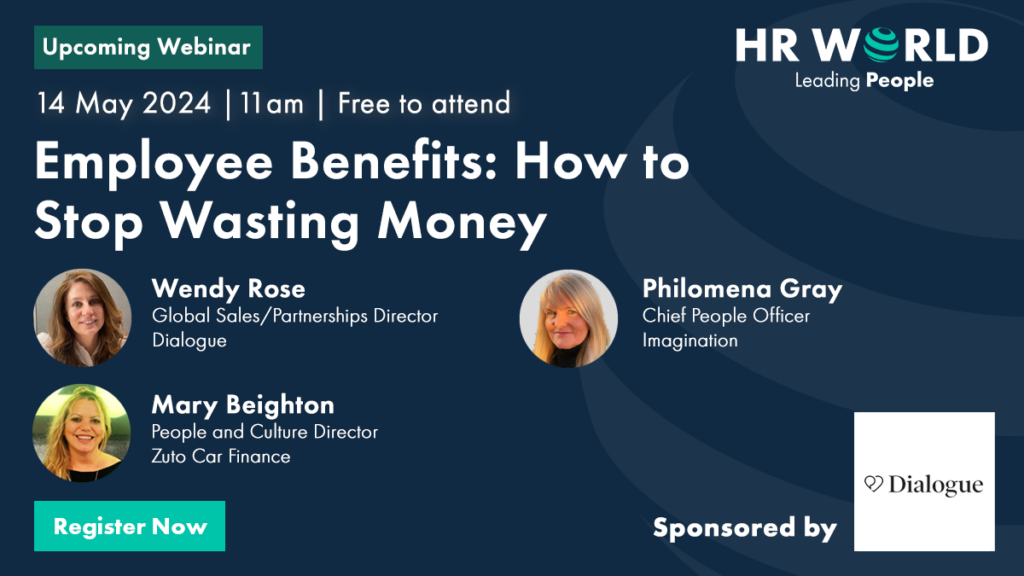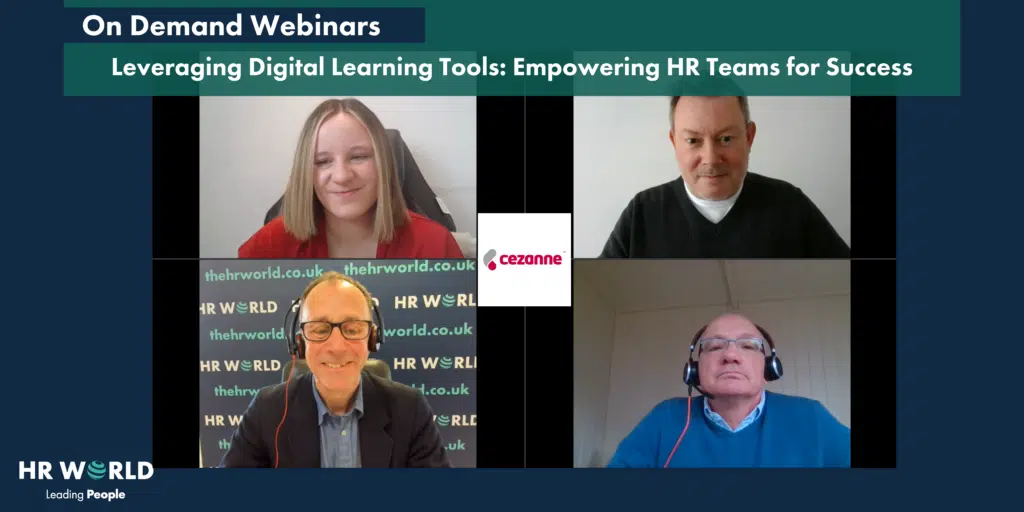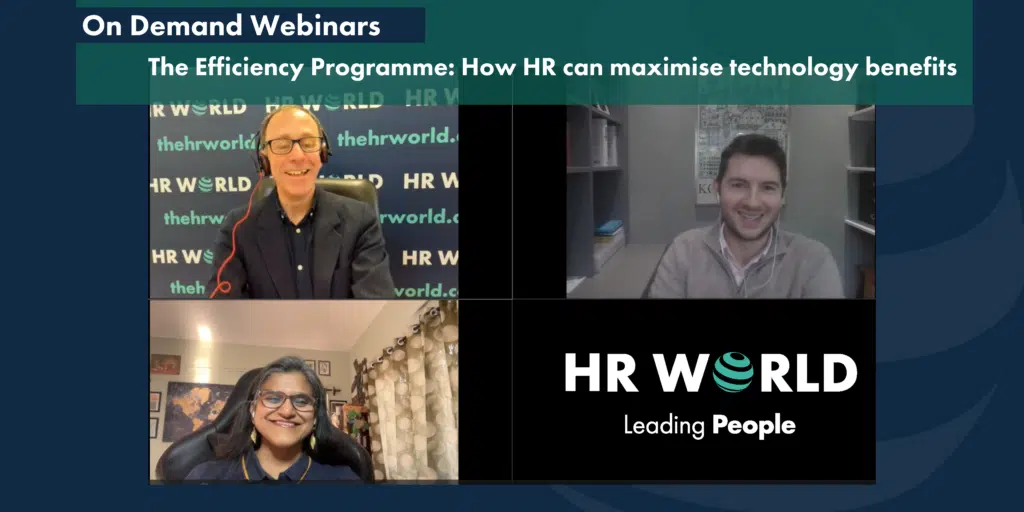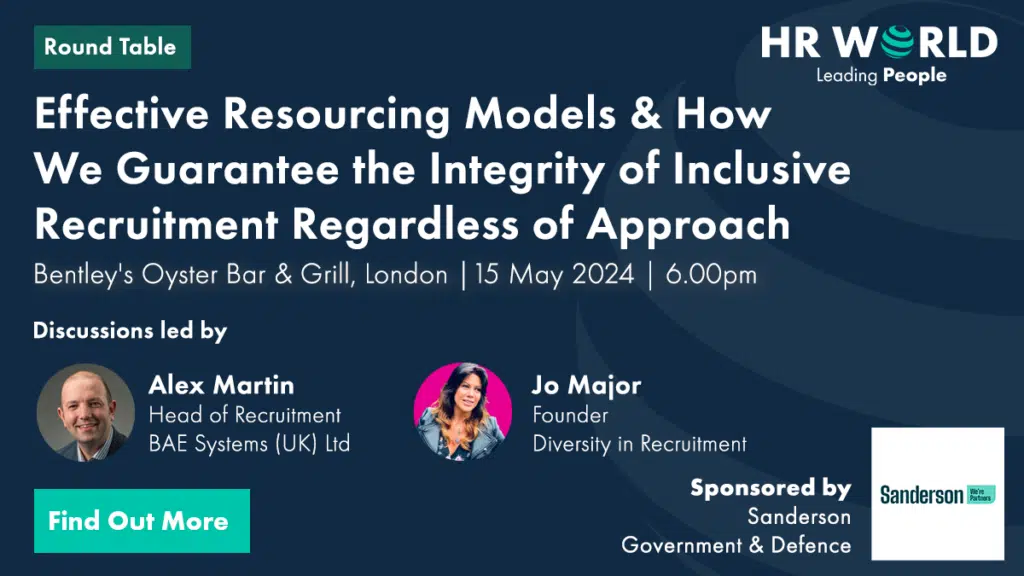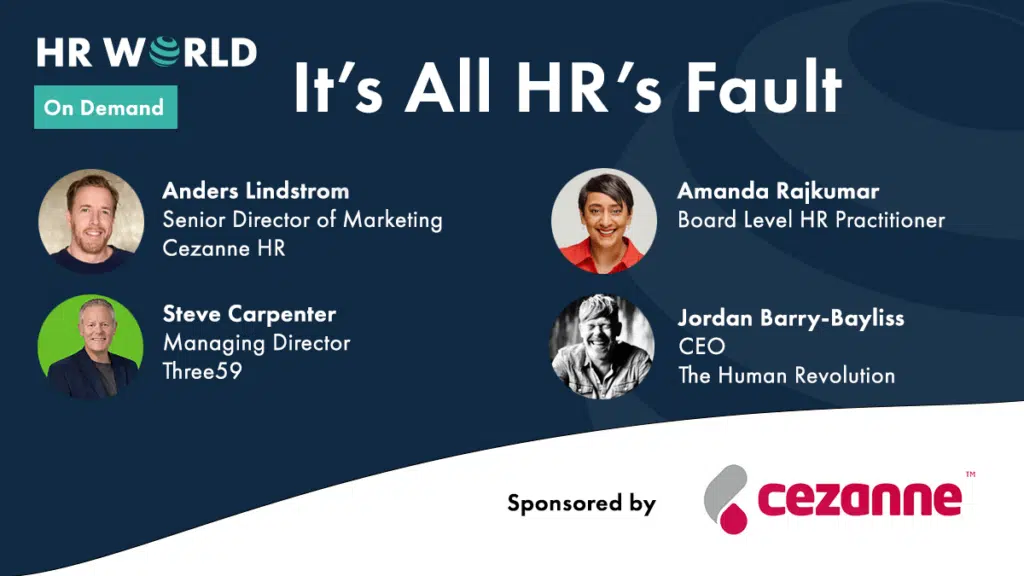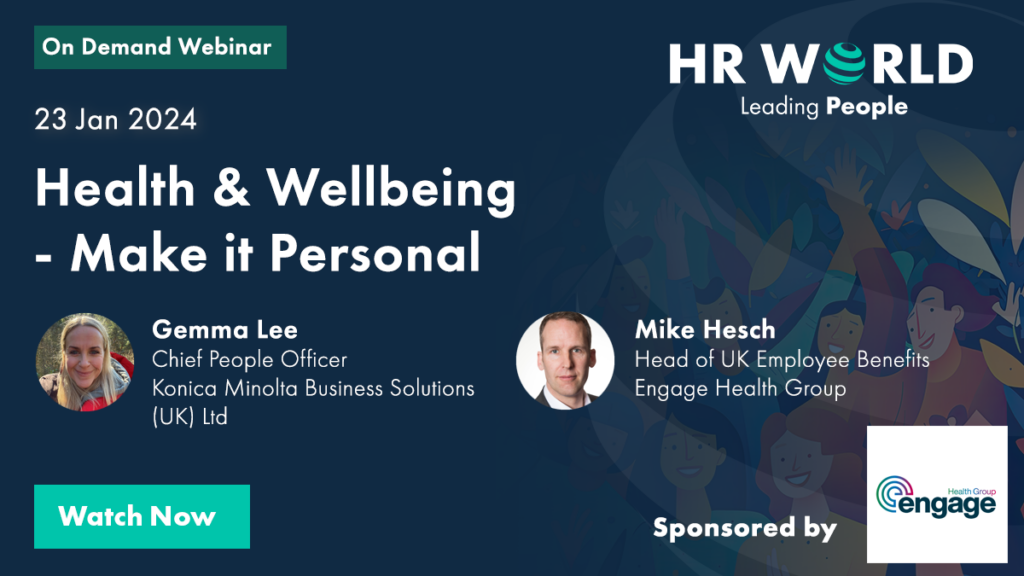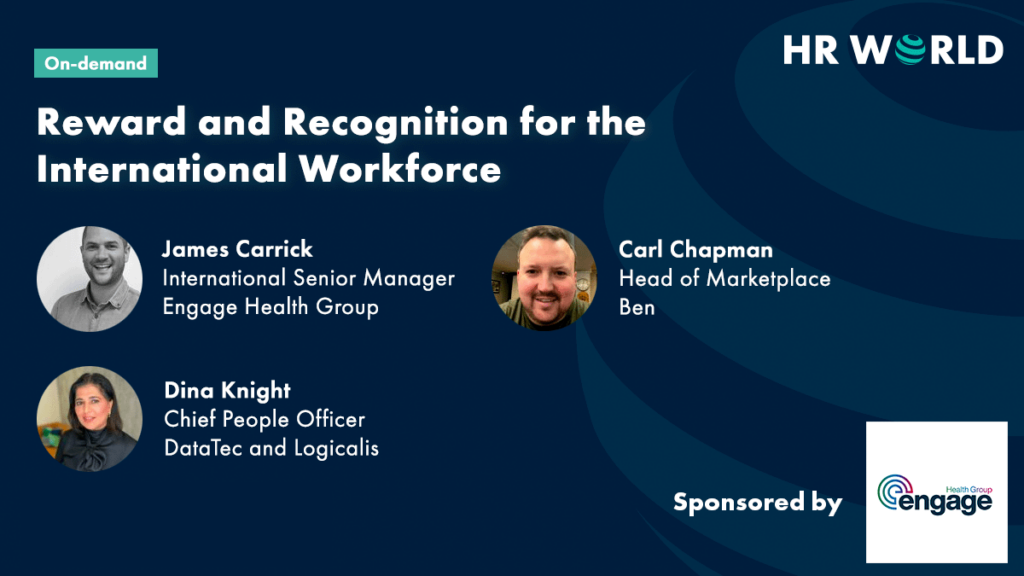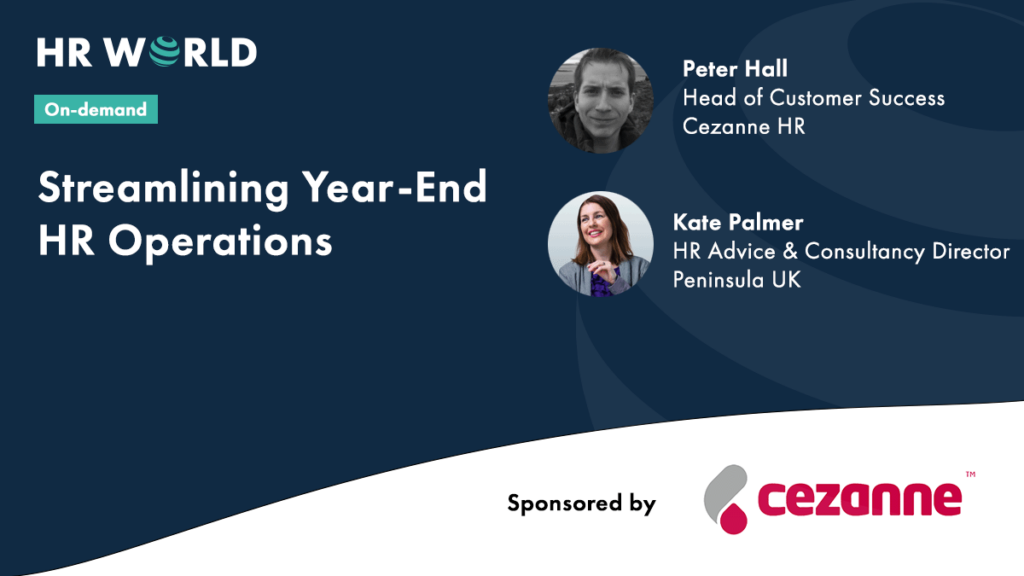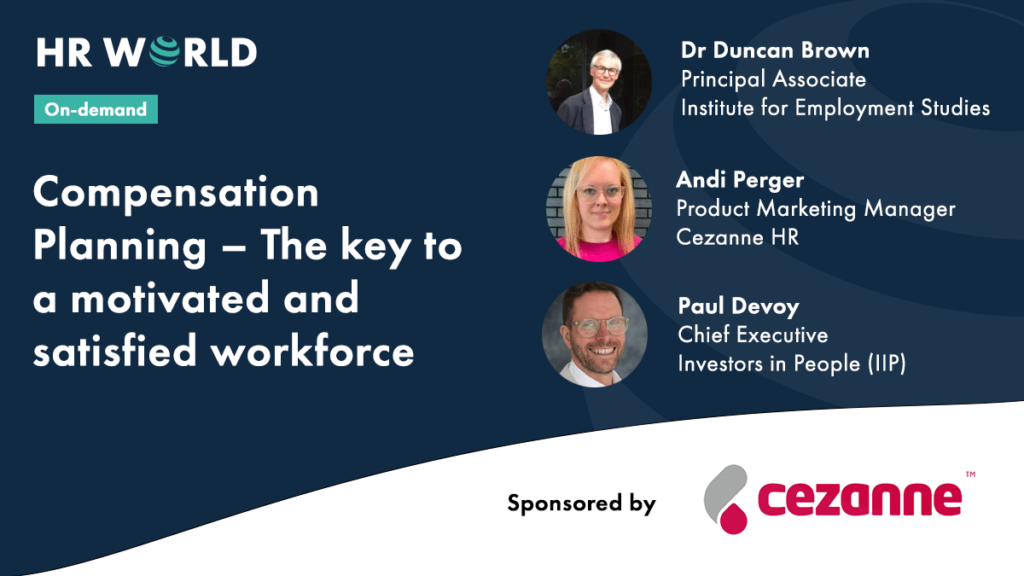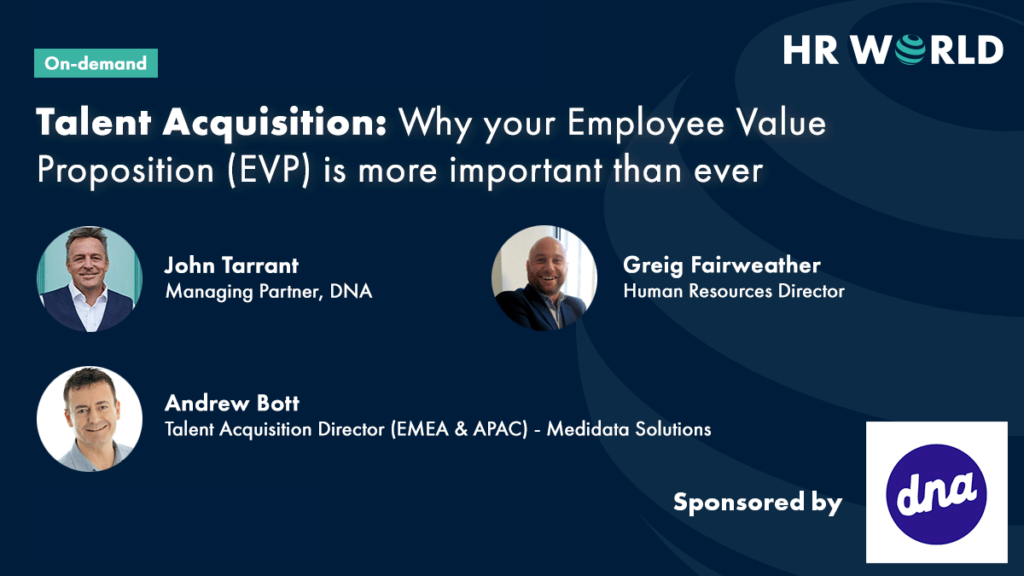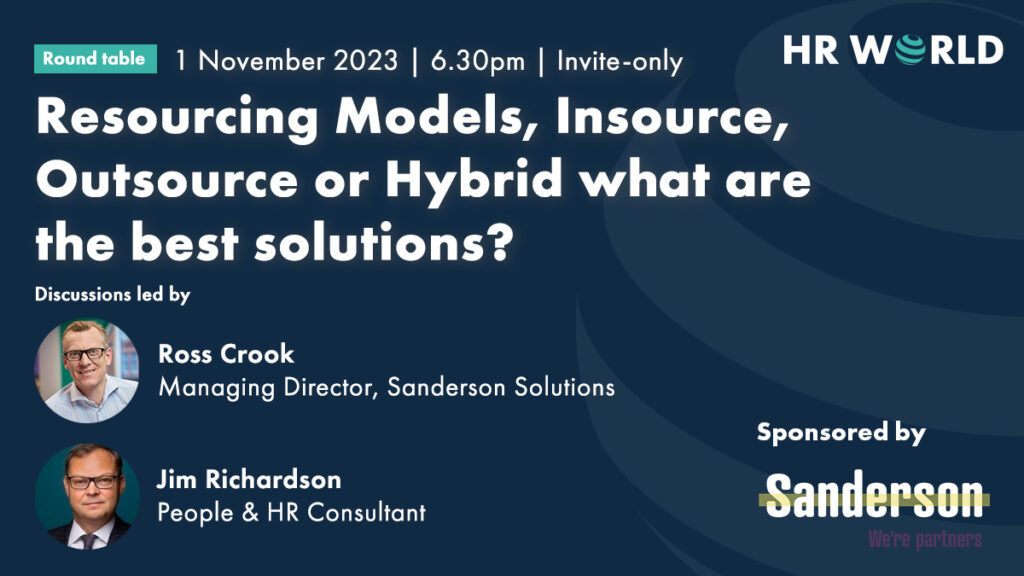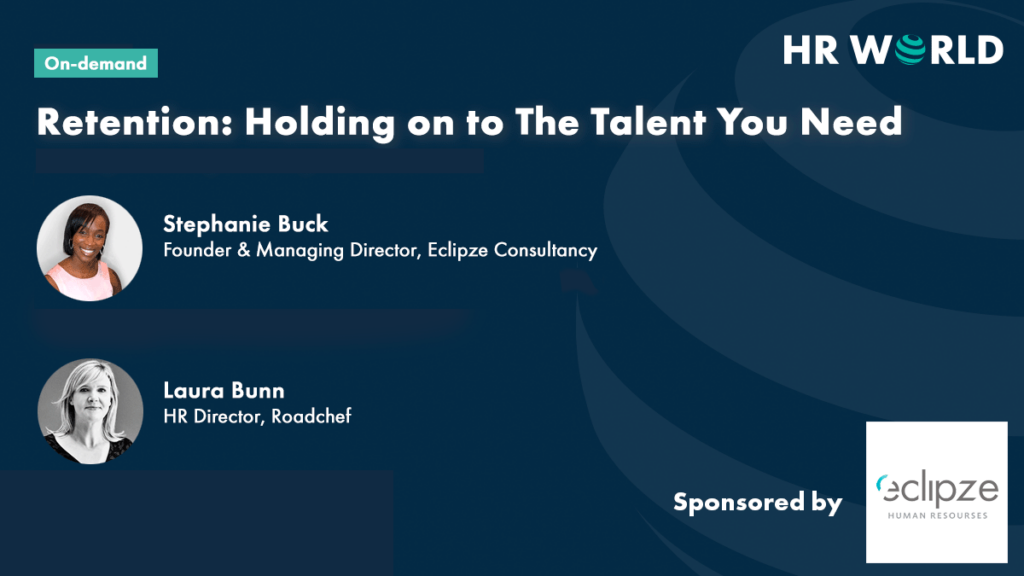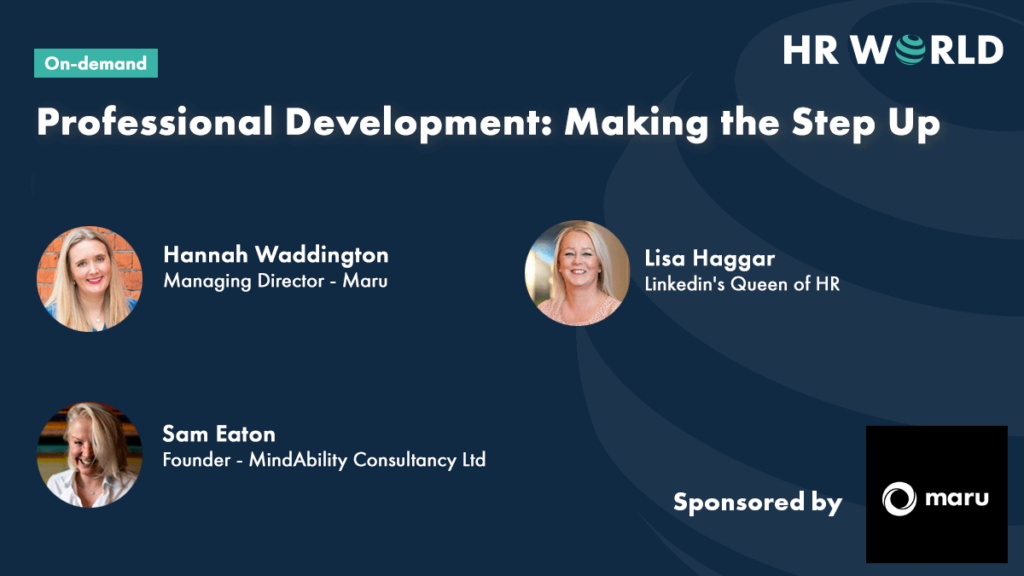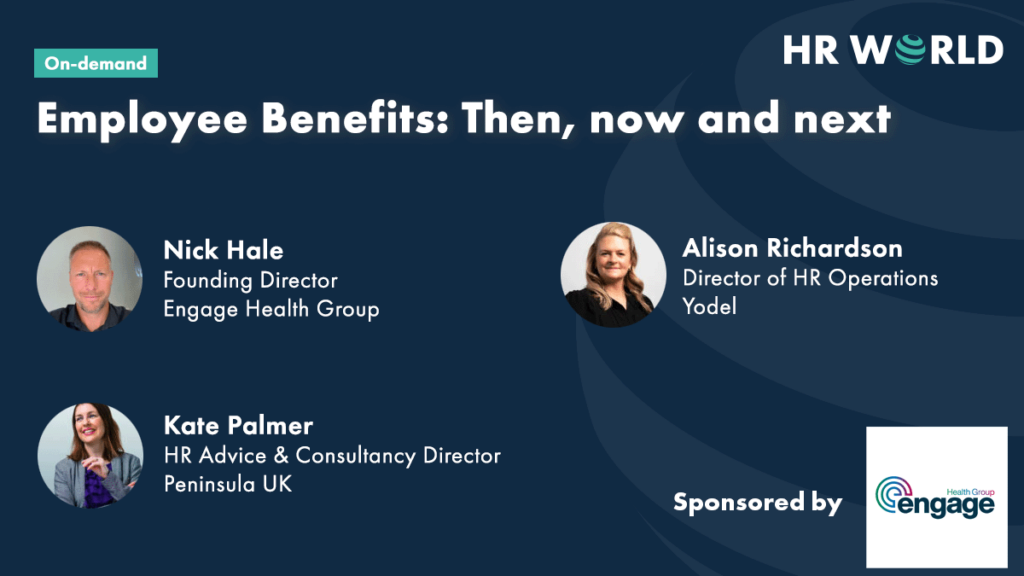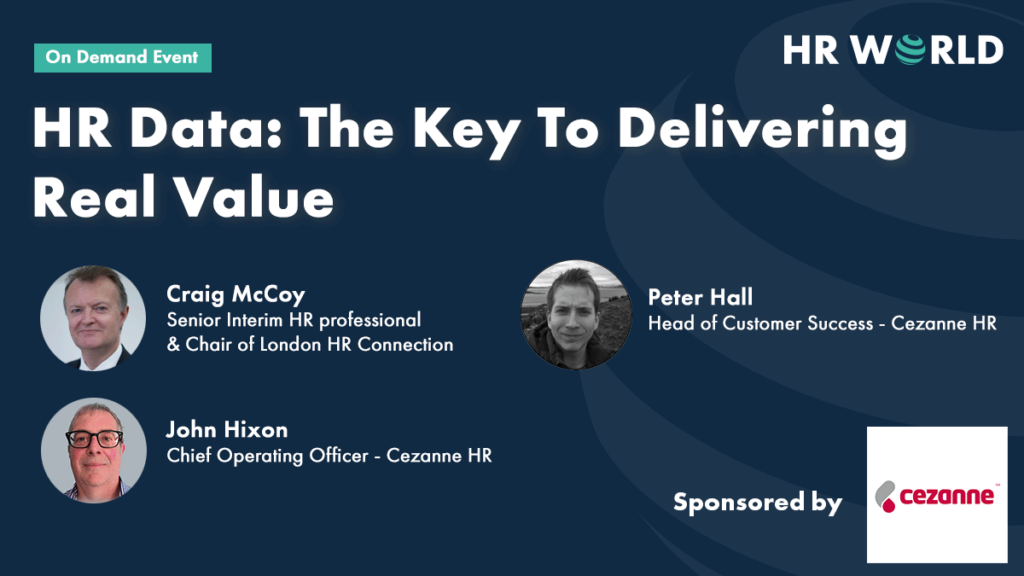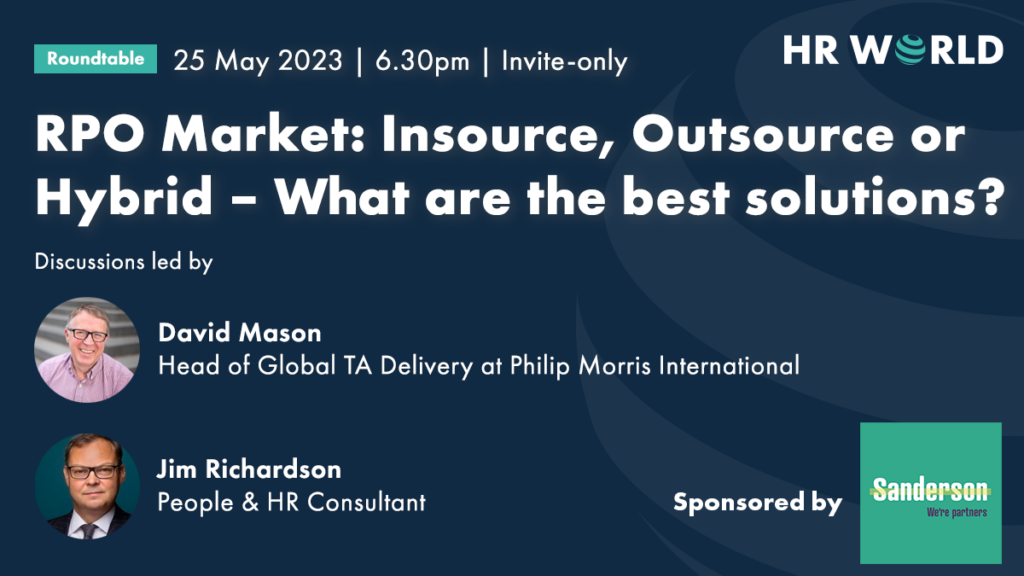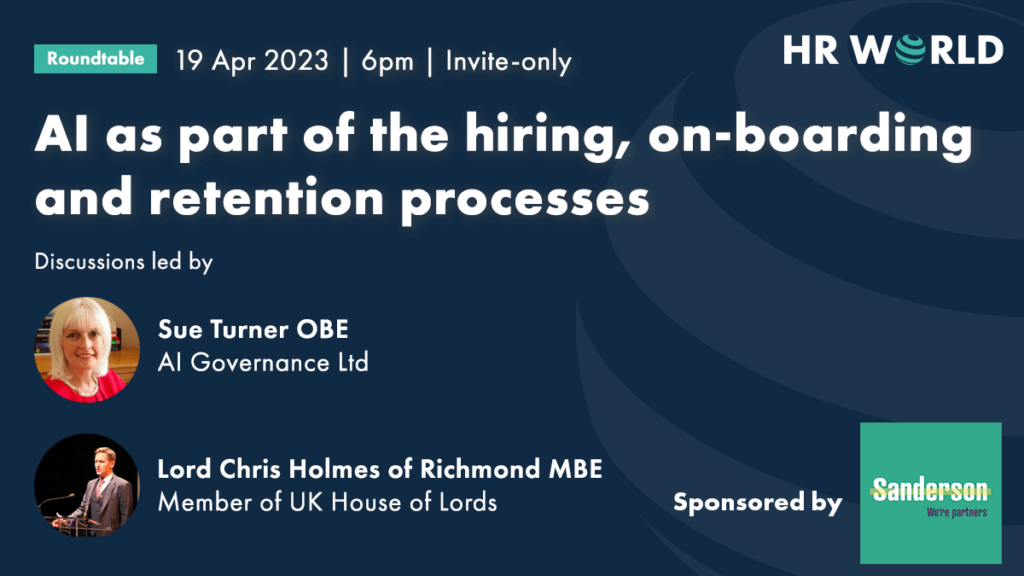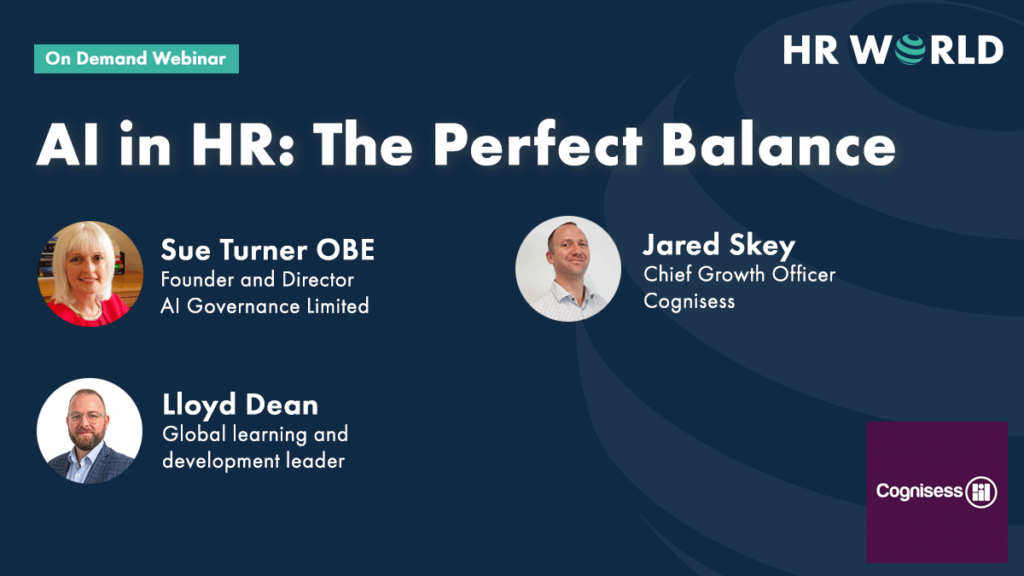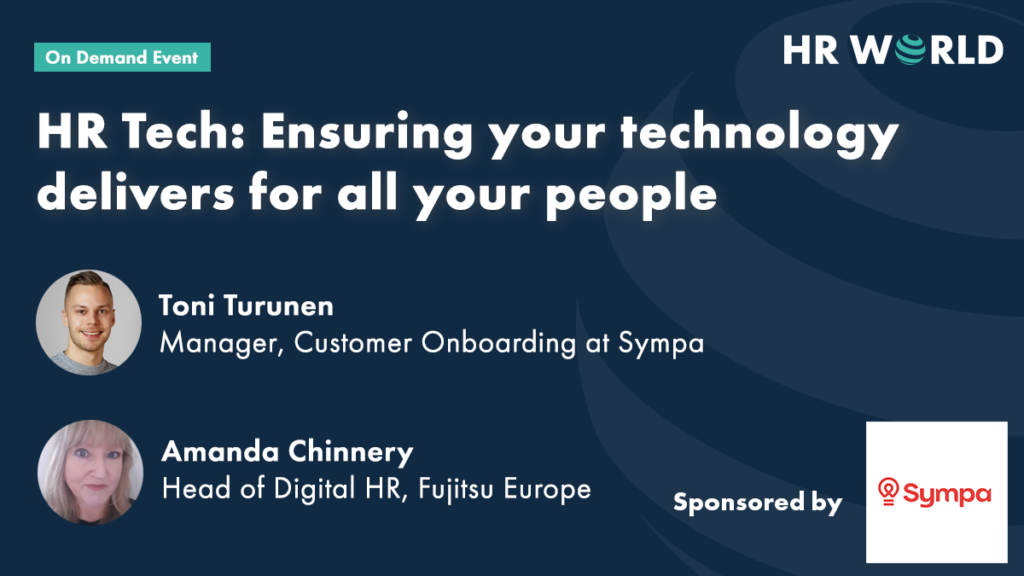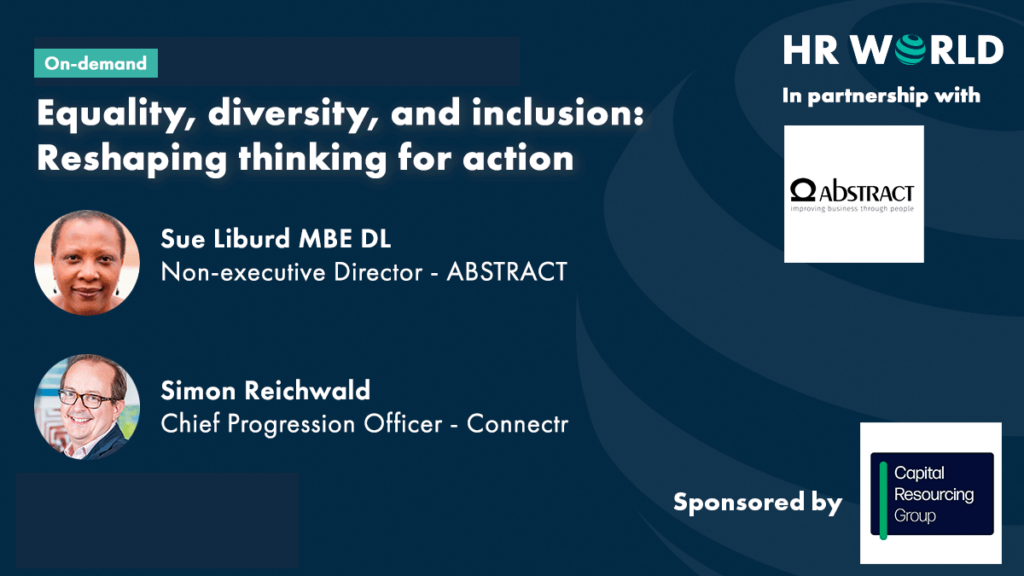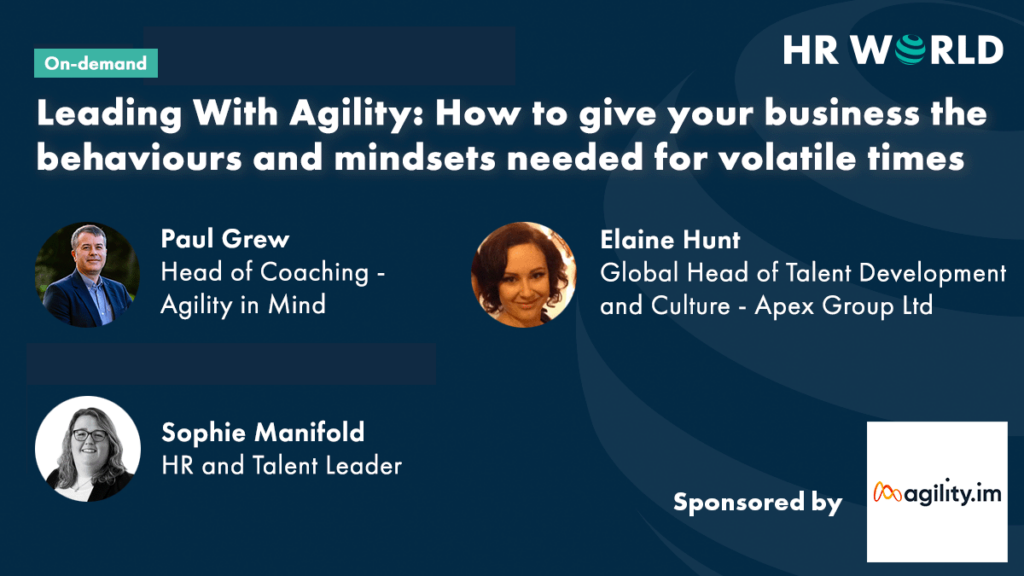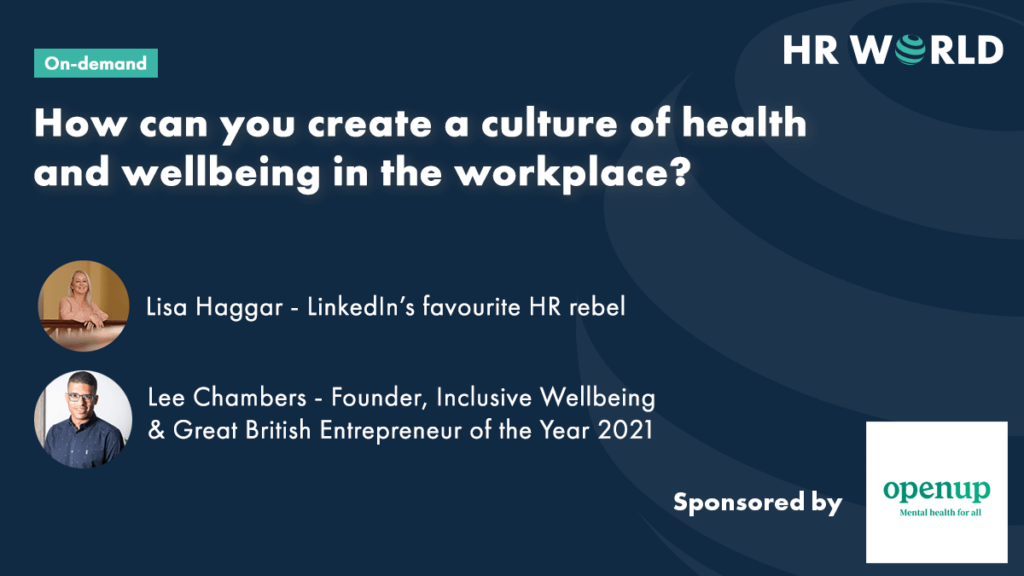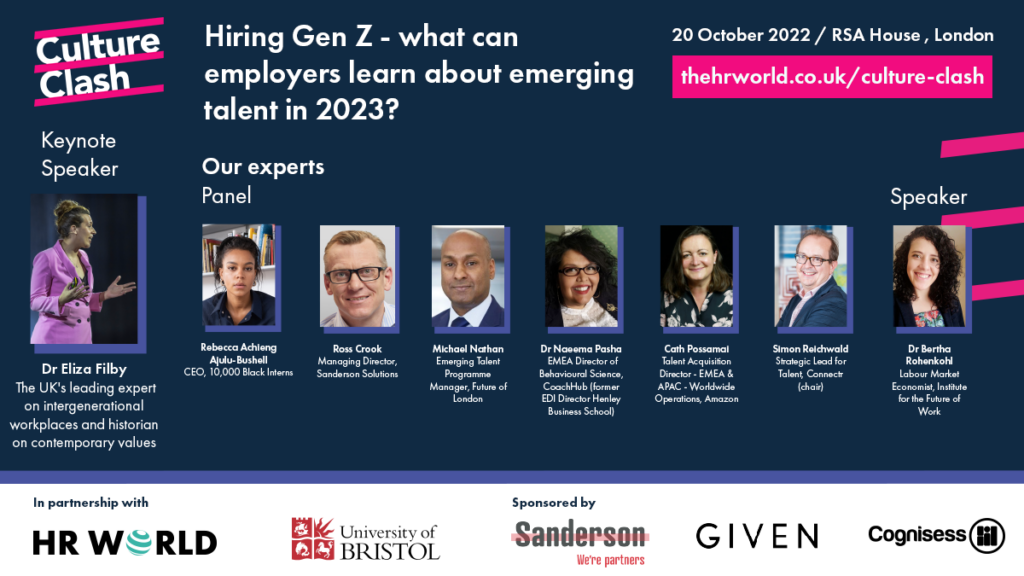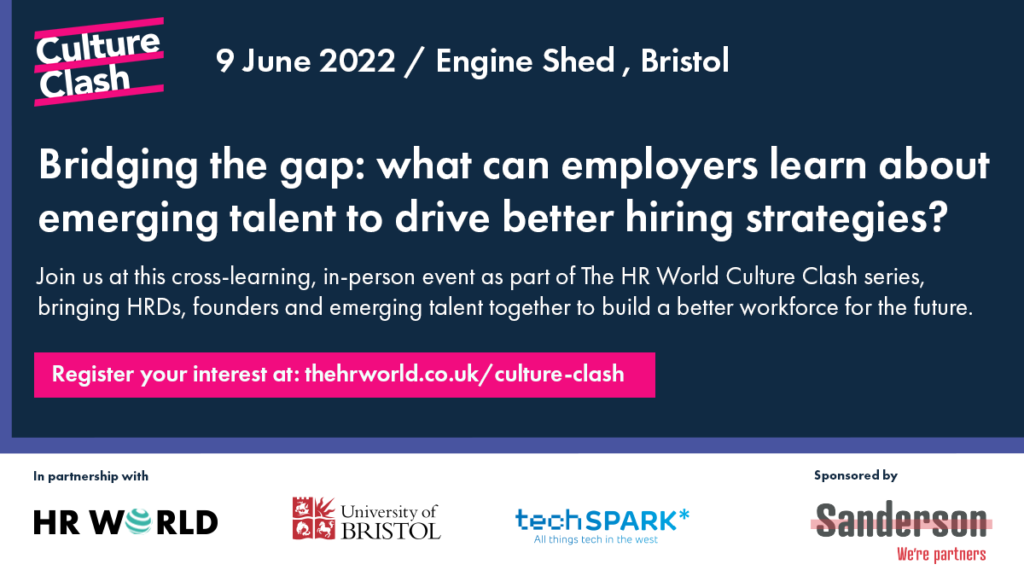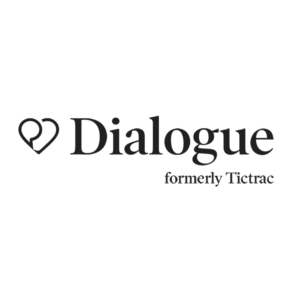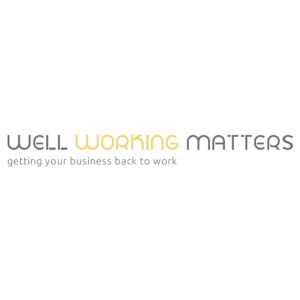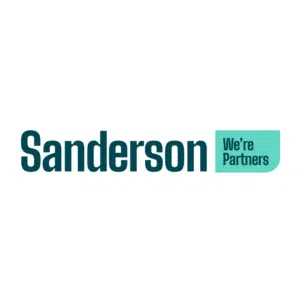Home » Knowledge Hub » Leadership » Q&A: Leadership – It’s All HR’s Fault
Q&A: Leadership – It’s All HR’s Fault
13 March 2024 Leadership
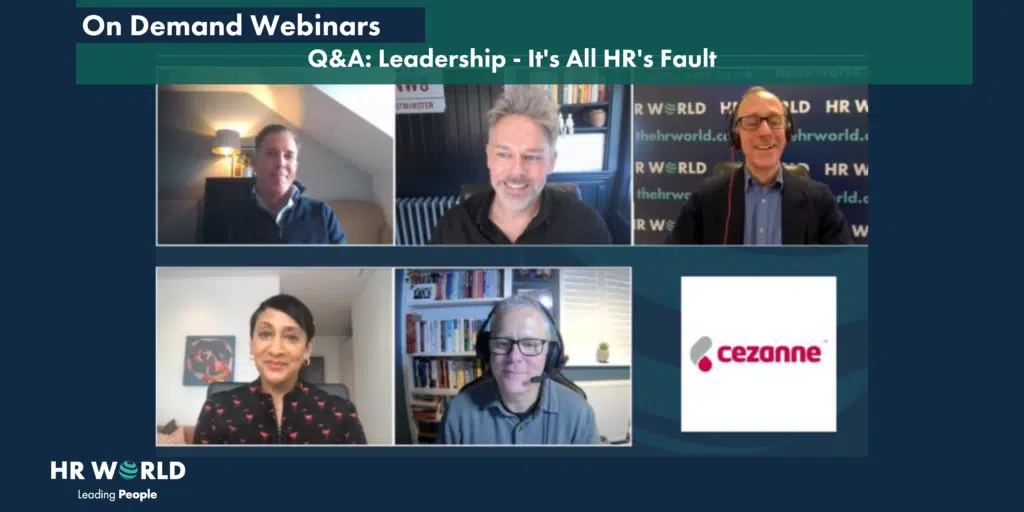
Following on from the hugely popular Cezanne-sponsored webinar It’s All HR’s Fault, held by The HR World last week, our panellists tackle some questions left by viewers which we didn’t have time to address. Amanda Rajkumar, Jordan Barry-Bayliss and Steve Carpenter give further thoughts.
1: Do you feel that qualifications (CIPD and/or others) are required these days?
Amanda Rajkumar: Most industry professions have a corresponding qualification and I think this is largely lacking in the HR world. In the past, the CIPD was the boiler plate qualification and in the absence of anything new I think it can provide useful technical aspects and foundational level knowledge. I have worked with many HR leaders, some with it and more without with very little to tell them apart. For me, credibility in HR is more to experience, aptitude, working across different sectors and geographies and in transforming & growth companies.
Jordan Barry-Bayliss: I think the best organisations will always be focused on the academic capabilities of their recruits, across all disciplines (including HR). Demonstrable intellectual horsepower will be of critical importance for those seeking senior HR roles/a role on the c-suite, particularly if they wish to have credibility.
Unfortunately, I think the CIPD is perceived by many as old fashioned and out of step in equipping HR leaders with the basic commercial skills like figures, P&L ownership, etc.
As a CPO, the best talent I have recruited has been those with more specialst/commercially focused degrees such as psychology, economics, business and MBAs; not a CIPD. Years of vocational experience is also more important to me although, I appreciate that more traditional HR leaders, will expect some sort of CIPD qualification. I don’t.
Whilst I don’t personally have a CIPD, I do have a strong academic background, which has always been a leveller for me amongst my c-suite peers.
Steve Carpenter: I’m biased as I don’t have any CIPD qualifications and have done alright. I’m an accidental HR professional who started life in hospitality and retail operations. This meant that I was able to bring a different perspective which was well-received in the organisations that I worked in. If I didn’t have this aspect, then I wouldn’t have been successful. However, it was a hard slog at times, especially when there were obvious gaps in my technical knowledge. I think there is downside to being too purist in HR, which can be a risk if all knowledge is through something academic like the CIPD. In summary – I don’t think that qualifications are necessary, but I also don’t think they are a bad thing. Ultimately it comes down to how knowledge and experience is applied. And, as importantly, your attitude!
2: How much do you think the promotion of ‘accidental managers’ (who receive no leadership training) contributes to the lack of engagement and performance we see in poor cultures?
Amanda Rajkumar: Yes of course this is part of the problem – but the other part falls on the accountablity of the direct line managers or these newly appointed managers, who put them into these roles without the requsite level of training. development or coaching.
Steve Carpenter: In my experience – lots! – I think there are three causes of this: 1. The lack of leadership/people management training, 2. The selection of people who might not want to take on the people management responsibilities (but want the promotion), 3. The lack of positive role models, which I believe has a bigger impact than lack of training. A desire to want to be a good people manager is the most important element – finding out how is a lot easier if the desire is there.
Jordan Barry-Bayliss: This is a huge problem and why the best organisations test the emotional intelligence (and IQ) of anyone who leads people. The first thing I do in any organisation that requires an uplift in culture and performance, is to transform the capability of front line and middle managers (often pivoting their roles to become more coaching focused whilst honing their behavioural and communication skills).
3: Our profession talks about being people centric but actions lean more towards the executive and leadership and the apparent good of the business. How we execute some of our work – for example making redundancies, is where we must be the advocates for human centred practice. My question is – when did it become part of HR’s role to screw people over on redundancy settlements? Let’s be honest – there’s a difference between fiscally driven decisions and blatantly disadvantaging someone. Or put another way – making people redundant in December – putting them in the job market in the worst month of the year?
Steve Carpenter: This feels like this question has perhaps been driven by a specific and quite painful incident. If HR is playing a strategic role in the business and is involved at the start of conversations like these, then HR has a responsibility to speak up and fight for what it believes is right for all three parts of the organisation (the shareholders, the customers and the employees in equal measure). By doing so, HR can influence the right approach in these difficult situations (provided they have established themselves appropriately). If HR isn’t in a strategic position and is just on the receiving end of instructions from leadership, this of course, is more difficult to do. The next question is, what if HR isn’t in a strategic role? This is clearly a more difficult challenge, but one worth working towards for the good of the organisation. It will be that some organisations won’t accept HR in this way (this perhaps is a time to question what you want to be in HR). From experience, most companies do appreciate strategic input form HR once they can see its value. I think it’s as much HR’s job to make this value visible to leadership as it is theirs to see it. It’s not easy – but it’s doable and well worth the effort.
Jordan Barry-Bayliss: In my experience, there is a direct correlation between the competence and performance of the HR function with the overall competence and performance of the actual organisation. My counsel would be to assess the following before considering whether the business and HR function is right for you.
– The credibility and reputation of the CPO.
– Whether or not the CPO reports directly into the CEO, alongside an understanding of the quality of their relationship.
– If it’s a strategic HR turnaround, make sure the CEO has a genuine commitment to the people and culture agenda, otherwise avoid it at all costs.
– The quality of the recruitment process, including the gravitas of those who’ve interviewed you.
– Ask to meet some of the other people in the HR team, to make your own assessment of their competence.
– Ask “What do people get fired for here?” That’s usually a good indication of the reality of the organisation’s culture and what’s important to its leaders.
If HR are being asked to fire people before Christmas and have no influence to change that, then it’s clearly not an organisation that values its people or HR function.


